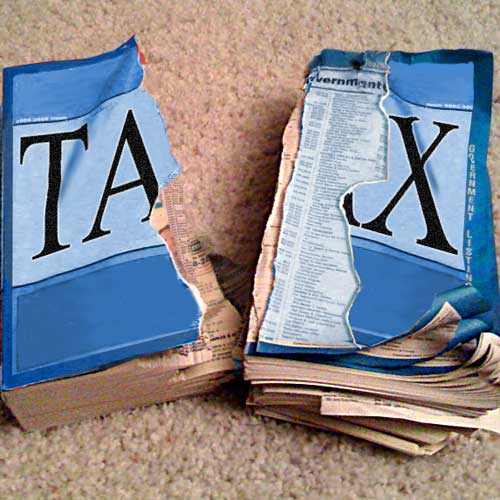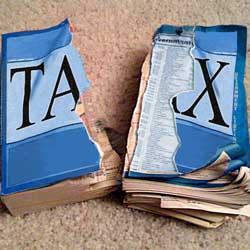The government put IR35 in place starting in 1999 to trap people that were disguising employment by means of an intermediary company. For example, a self employed person working for a third-party firm through an intermediary company. For legitimate contractors, who would jump between contracts with many different firms, this was acceptable - the person was deemed genuinely self-employed and would have the advantages and disadvantages of that form of employment. Tax advantages included a reduction in the amount of national insurance (Class 4 vs Class 1), different tax structures for removal of funds more efficiently and the employer/third-party would not need to pay employers' national insurance contributions or holiday pay/sickness provision etc.
Those caught by IR35 rules and therefore deemed to be employed rather than self-employed would end up having to repay the tax advantages they would have benefited from. The person in question would undergo an IR35 test and if IR35 rules apply, tax would need to be repaid going back at least six years - resulting in massive repayment demands.
The government believes only 10 percent of people are genuinely self-employed and 90 percent should be classed as employees - at a cost of hundreds of millions of pounds. Last year April saw tighter rules applied to the public sector and consultation for bringing tighter rules to the private sector begins today.
The three month consultation seeks responses from people who are working through an intermediary as contractors, umbrella agencies, accountants and companies that use contractors. Questions being asked include:
- What were the effects of the changes made to public sector contractors?
- How to reform existing IR35 rules to apply to the private sector and how to phase rules in from the changes made to the public sector already?
- Should the government increase the number of IR35 enquiries or improve guidance or other?
There are currently over one million companies deemed to be personal service companies (PSC), used by contractors to receive funds from contracting work. This is a four-fold increase since year 2000. The structure is being used across many industry sectors from retail, construction through to media.
The consultation gives the following as an example of a typical structure of non-compliance:
- Charlie works as a project manager. He has a Limited company. This is his PSC (Personal Service Company)
- ABC Ltd contracts with Charlie for the duration of the 2018/2019 tax year and is billed £50,000 for Charlies services.
- IR35 rules would catch Charlie as his working practices would deem him to be an employee of ABC Ltd.
- Charlie's PSC is below the VAT registration threshold so Charlie can withdraw all the funds paid using a typical tax-efficient method.
- Charlie takes a basic salary below his personal allowance and therefore pays no tax on that income.
- He pays corporation tax on the remainder as company profits - after deducting allowable expenses.
- He takes the remaining income as dividends thus benefits from the dividend allowance and the lower rate of tax on dividends.
In the workings provided with the consultation document, Charlie above would pay total tax around £5,000 less than had he been directly employed by ABC Ltd.
Learn more using a number of tools we have developed for contractors including:
- Contractor's umbrella payslip calculator - generate payslips and find the total value of any contract when paid through an umbrella.
- Dividend vs Salary - calculate the difference between taking salary, being self employed or using a limited company to take profits.
- Small Business Tax Planner - quickly estimate various scenarios for extracting profit from a small business.



